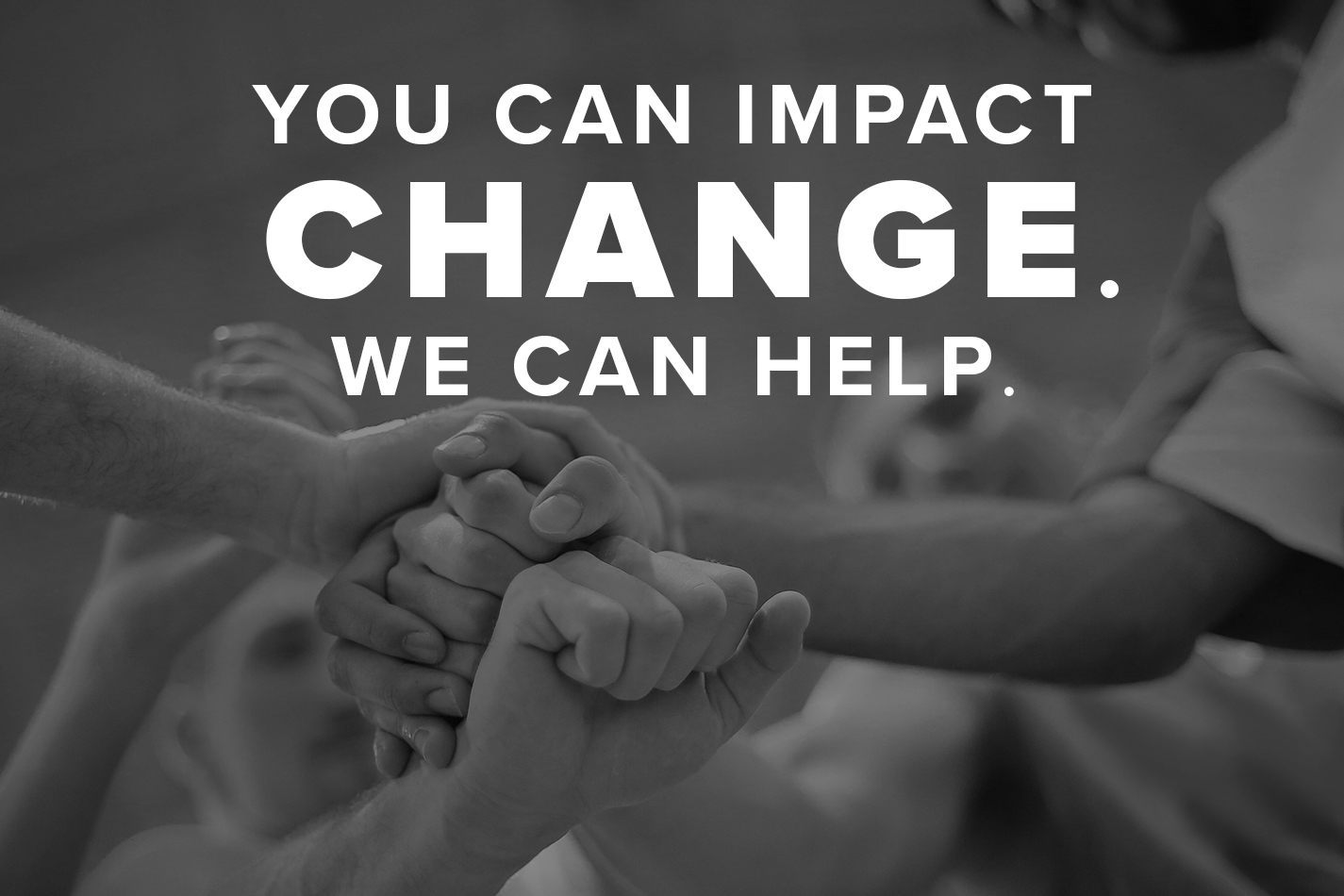2020 has brought a significant amount of change to everyone’s lives. As coaches and educators, you’ve seen these changes and their effects on kids first-hand. Schools have moved to virtual or distance learning. Seasons have been cancelled, delayed or shortened. Practices look different—and athletes have had to adjust to a whole new way of playing sports. All of which are affecting our athletes’ mental health.
In sports, there’s a long-held belief that if you can’t see mental health issues, they aren’t real. This couldn’t be farther from the truth. Read on to learn about the signs, barriers and effects of COVID-related postponements in relation to mental health, along with a “Reality Check” and key takeaways you can use to help your athletes cope and adjust.
Signs and Symptoms
- Feeling hopeless
- Change in sleep behavior
- Isolation
- Loss of interest in activities
- Irritability
- Loss of appetite
- Difficulty remembering details
What are some barriers? How do I reduce the stigma?
- Lack of time, pressure, practice, school, friends
- Denial of problems
- Distracted during playing time
- Not sure where to go
- Share peoples’ stories to reinforce they aren’t alone
Dealing with COVID-related postponements:
- Uncertainty
- Sadness, fear, doubt and relief
- Emotions are normal
- Things we can do to move forward
- Learning to tolerate and cope with uncertainty
By and large, we need to help our athletes see change as a challenge instead of an obstacle; an opportunity to improve on our weaknesses. We should also reiterate that different doesn’t always mean bad, and that practicing self-compassion is as necessary as showing compassion toward others.
Reality Check
Ask your athletes: what is helping you and what is dragging you down?
Athletes:
- Are high achievers
- Focus on wrong vs. right
- Think they have to do more/not good enough
It’s important to educate our athletes about how to stay in the moment and not in the negative.
We can’t eliminate struggle in life; we’ll always face challenges. But we do have a choice. We can let those challenges dictate our lives—or we can take control and live the life we want to live.
Try encouraging your athletes to look at their strengths. Ask them:
- What is one thing you’re proud of?
- What’s one thing you’re thankful for?
- What’s one thing you can do now that you couldn’t do three years ago?
Overall, be aware of small changes, trust your gut, and reach out and express concerns to your student-athletes. Remind them yours is a judgment-free zone and that you’ll always provide unconditional support. Ultimately, being able to have these conversations with your athletes will go a long way towards helping you help them.

